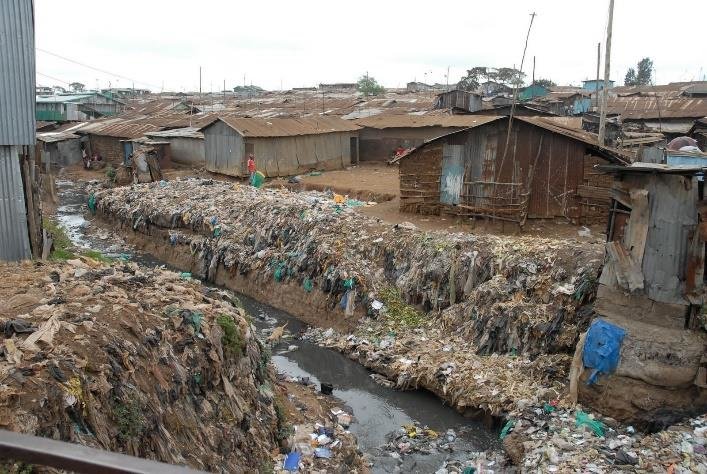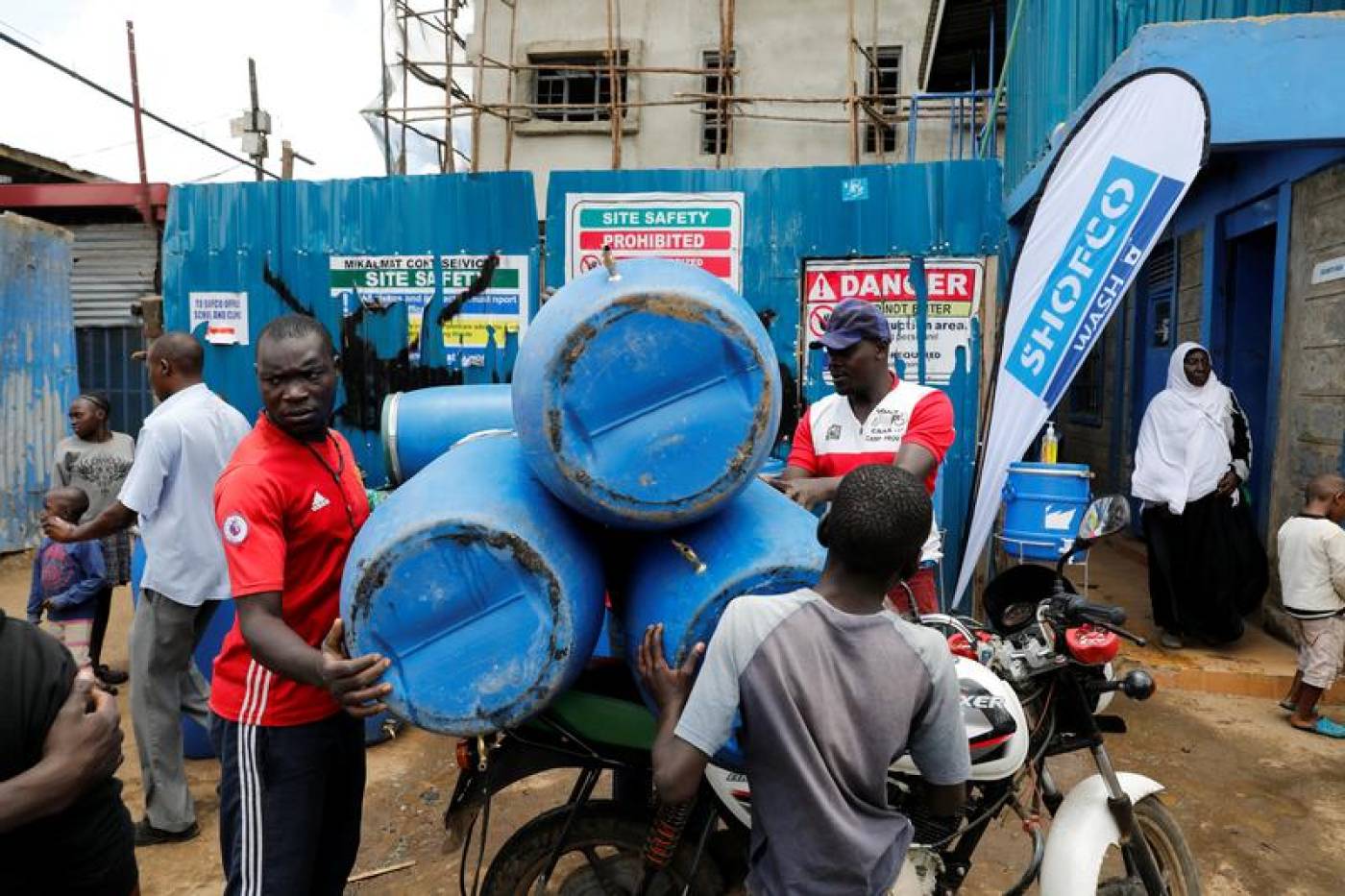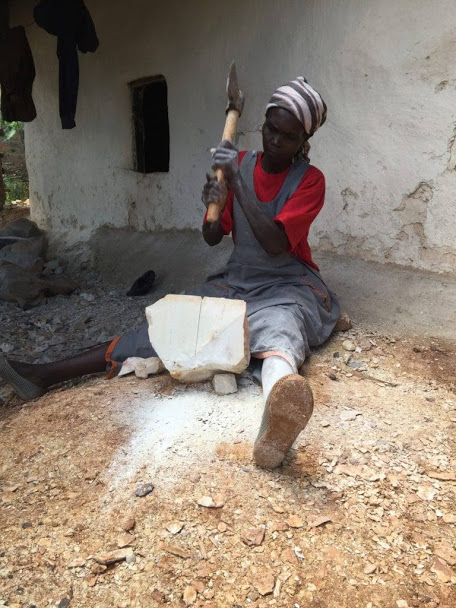Story
As Kenya and Uganda lock down against COVID 19 the most vulnerable people cannot prepare for the effect such restrictions will have or keep themselves safe from potentially contracting COVID19. In slum communities social distancing cannot be achieved. Access to clean water is limited. Riots have broken out and people feel forced to chose between starving by staying indoors or risking exposure to COVID19 to work for daily needs. In the rural communities around Jinja, Uganda the people live 'hand to mouth' often only earning money each day for that day's needs. They have no savings to buy a stock pile of food or hand wash. Uganda's travel restrictions will mean those who need medical care won't always get it. In Tabaka, Western Kenya an area where people rely on carving soapstone for export and farming, there are currently no hand sanitation points available for the communities in Tabaka.
The Zuri Foundation and Shared Earth are fundraising for local charities and organisations in Kenya and Uganda which are working in the marginalised communities of groups we assist in the handicraft sector. These charities are on the front line providing hand washing facilities, masks, food, drinking water and access to medical assistance/medicines when required. Shared Earth is making a donation of £500 to help in this vital fight against Covid-19 and we ask you to help in whatever way you can. For instance, a hand-sanitising barrel as in the photo above can be provided with a donation of £20 (with water costing approximately £4 a day) and could help to save many lives.
Kibera slum in Nairobi is Africa's largest slum and one of the biggest in the world. There are approximately 2.5 million slum dwellers in about 200 settlements in Nairobi representing 60% of the Nairobi population and occupying just 6% of the land. Kibera houses about 250,000 of these people. The average size of shack in this area is 12ft x 12ft built with mud walls, a corrugated tin roof with a dirt or concrete floor. These shacks often house up to 8 or more with many sleeping on the floor.
Until recently Kibera had no water and it had to be collected from the Nairobi dam. The dam water is not clean and causes typhoid and cholera. Now there are two mains water pipes into Kibera, one from the municipal council and one from the World Bank.

Shining Hope for Communities is a grassroots movement based in Nairobi, Kenya that catalyses large-scale transformation in urban slums by providing critical services for all, community advocacy platforms, and education and leadership development for women and girls. Visit SHOFCO website
Shofco are working around the clock to mobilise slum communities around the threat of COVID-19, and promote best practices that will prevent or contain spread of the virus in the 11 urban slums where we work across Kenya. Since their response began over two weeks ago, they have had 762,374 uses of our hand washing stations and reached 171,230 people through door-to-door outreach across 11 settlements.

In Tabaka, Western Kenya, The Zuri Foundation is working with a Soapstone Self Help Group to provide hand washing facilities to the soapstone community. The group has 48 members. Including these members families the people number over 200. We are supplying masks for the group and their family but would want to extend this outreach. The masks are being made by another local fair trade group which employs marginalised people.

Tabaka is located in Western Kenya near Kisii. It is where much of the worlds soapstone supply comes from, known as White Gold to some. Despite the rich deposits of the special stone, which can make various precious artefacts, many carvers still live on less than a dollar a day. Many languish in the rungs of the county's poor, amid resources whose products are sold around the world. With the poverty index at a new high, children keep dropping out of school to help their parents in the mines. This close community does not have the resources to mobilise in the fight against COVID19. Your donation is vital to ensuring that this marginalised community are not left vulnerable.
